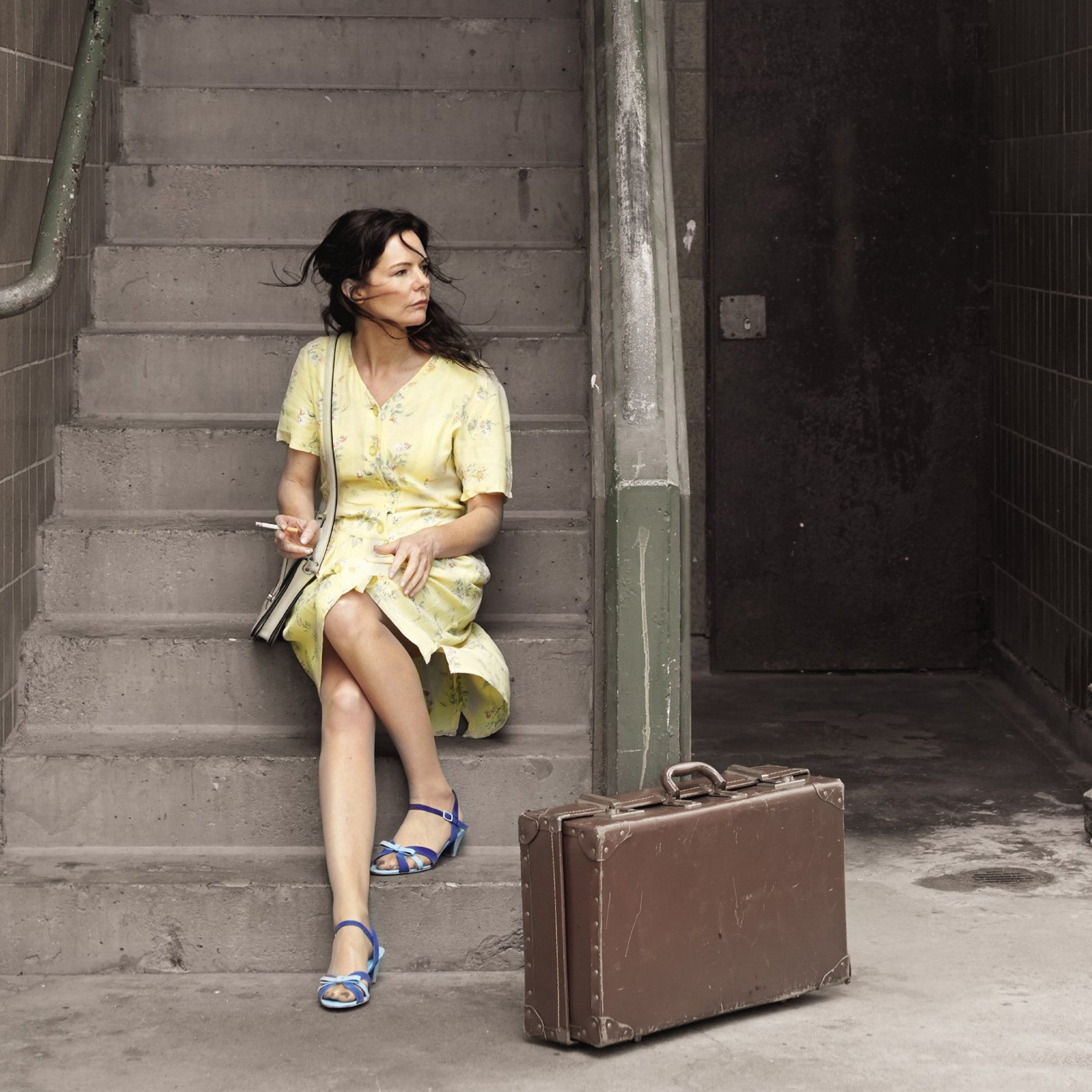West by Julia Franck, book review: A powerful look at life in limbo
This Cold War era novel focuses on the life of a mother stuck in a transit camp in Berlin as she tries to flee communist Eastern Europe

During the Cold War, refugees from communist Eastern Europe were often sent to the Marienfelde transit camp in Berlin.
There they received housing and food while being interviewed by intelligence agencies. They might remain there for months, or even years. This is the setting for Julia Franck’s powerful novel.
After obtaining a visa, supposedly in order to marry a West German, Nelly Senff leaves her fiancé and arrives at Marienfelde with her two children. She refuses to cooperate with the CIA agents investigating her past in the German Democratic Republic. The agents are particularly interested in the father of her two children, Vassily Batalov, who had apparently committed suicide three years before. One of them, John Bird, becomes erotically obsessed with Nelly. In the camp, she is befriended by Krystyna Jablonovska, a Polish cellist, who has travelled west to seek medical help for her brother, and Hans Pischke, an actor who was imprisoned in East Berlin for attempting to deface a statue of Lenin.
Franck weaves their stories together to create a vivid sense of how persecution, deprivation, and loss leave terrible psychological scars. Nelly becomes increasingly paranoid in the camp while Hans, who professes to be “incapable of love”, slides into depression. Krystyna has sacrificed her career for her family, works in appalling conditions, and suffers taunts for being “a podge”.
We know it is 1978 because the radio stations are forever playing Boney M’s “By the Rivers of Babylon” and John has just been to see The Deer Hunter. But what is most striking about Franck’s novel is how little has changed for those fleeing repression, who find themselves just as helpless on the other side. As Nelly observes: “A hand comes down from above on each one of them, picks them up or waves them on.”
Franck slyly reveals the West’s hypocrisy. The transit camp is effectively an open prison with its own laws, prejudices, and pecking order – the Poles are labelled “gypsies” while the children are treated as outsiders at the local kindergarten, “strangers who spoke differently and used different expressions, didn’t wear snow suits, had different boots and school bags from the rest of the class”; their poverty is treated with contempt. The housing is cramped and the food rationed.
Franck’s spare prose evokes an atmosphere of claustrophobic menace. Her unflinching gaze at lives in limbo, seamlessly translated by Anthea Bell, is a compelling and resonant read.
Subscribe to Independent Premium to bookmark this article
Want to bookmark your favourite articles and stories to read or reference later? Start your Independent Premium subscription today.

Join our commenting forum
Join thought-provoking conversations, follow other Independent readers and see their replies